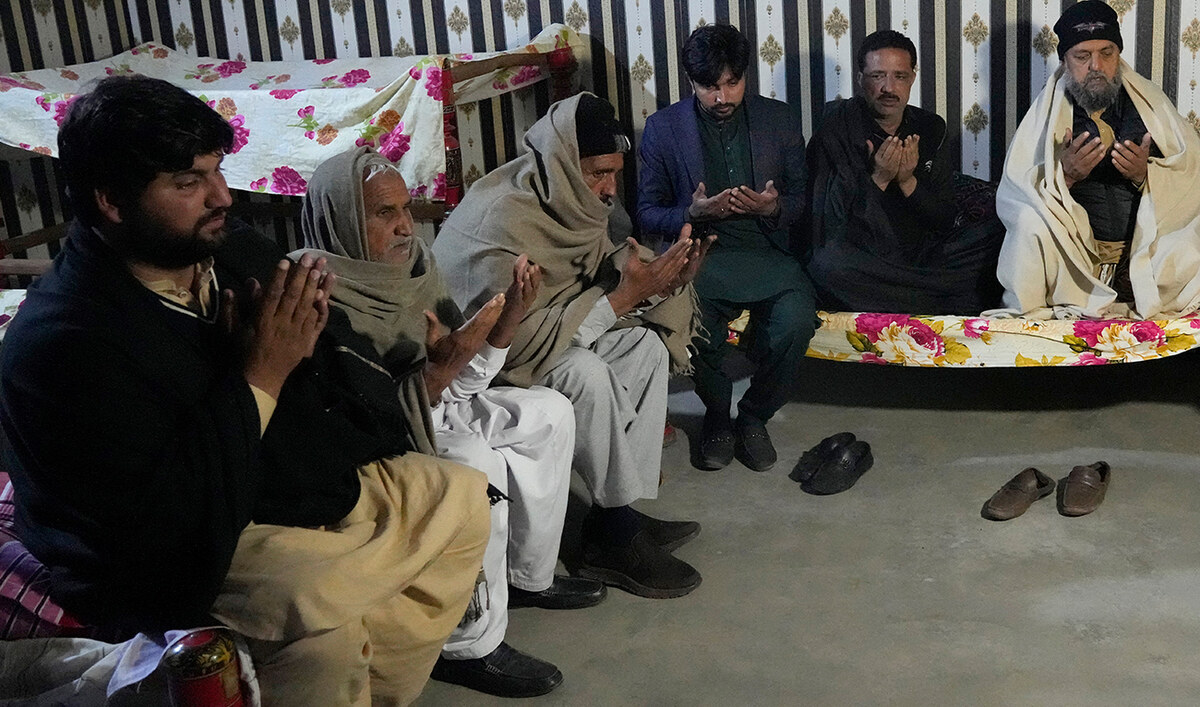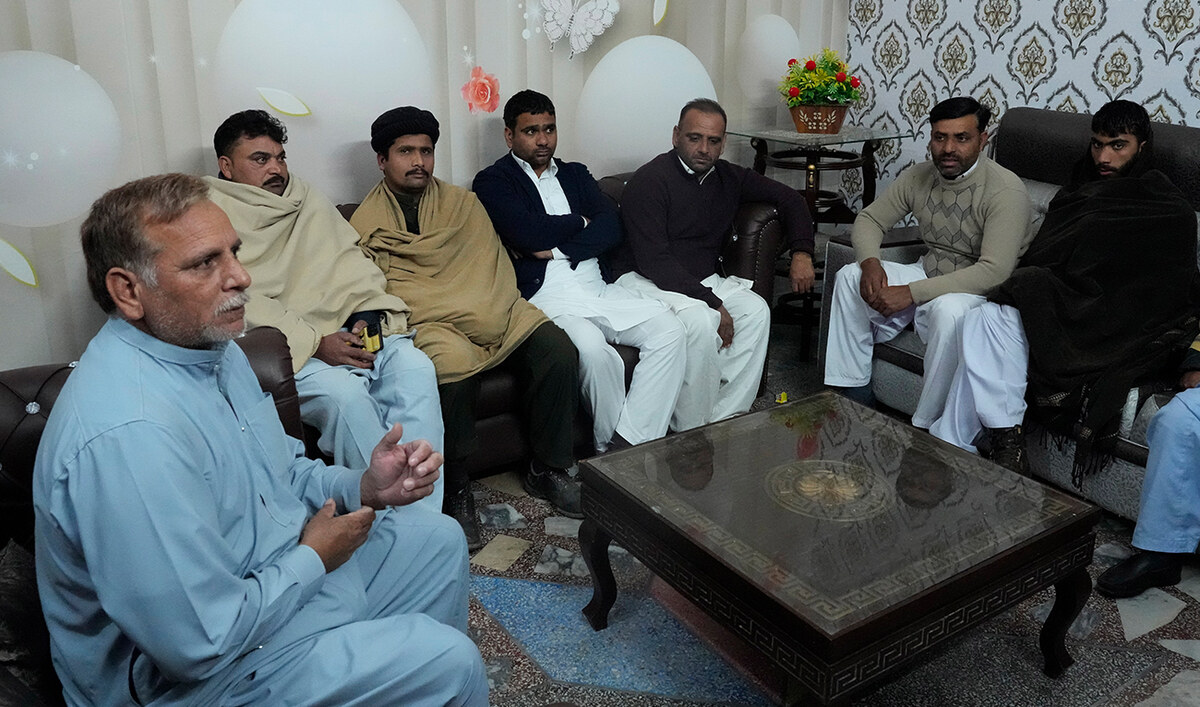ISLAMABAD: Pakistan has named Lt Gen Nadeem Ahmed Anjum the new head of its powerful military Inter-Services Intelligence agency (ISI), and posted the current DG ISI Lt Gen Faiz Hameed as Corps Commander Peshawar, the military said.
The army is arguably the most influential institution in Pakistan, with the military having ruled the country for about half of its 74-year history since independence from Britain and enjoying extensive powers even under civilian administrations.
By turn, the head of the ISI occupies one of the most important posts in Pakistan.
“Routine appointments and transfers in the Pakistan Army,” the military said, announcing a number of fresh postings. “Lt. Gen. Nadeem Ahmed Anjum posted as DG ISI.”
The army said Lt Gen Hameed had been posted as Commander Peshawar Corps, Lt Gen Muhammad Amir as Commander Gujranwala Corps and Lt Gen Asim Munir as Quartermaster General.
Gen Anjum is currently posted as Corps Commander of Pakistan’s V Corps in Karachi in the country’s south. He has also served as Inspector General of Pakistan’s paramilitary Frontier Corps.
The Peshawar, or XI, Corps to which Gen Hameed has been posted is the only corps assigned in the northwestern Khyber Pakhtunkhwa province and is currently stationed in the provincial capital of Peshawar. The Corps was established and quickly raised in 1975 to support administrative military operational units in the country’s northwest bordering Afghanistan. The corps is widely known for its involvement in the Soviet–Afghan War.
After the September 11 attacks in the United States in 2001 and the subsequent US invasion of Afghanistan, the XI Corps became the main Pakistani formation involved in fighting in the country’s tribal regions in the country’s northwest. It also commands substantial forces of the paramilitary Frontier Corps.
Gen Hameed’s posting comes as the security and strategic importance of Pakistan’s northwestern regions has once more taken center stage in the wake of the recent takeover of Afghanistan by the Taliban.
Created in 1948, the ISI gained importance and power during the 1979-1989 Soviet occupation of Afghanistan, and is now rated one of best-organized intelligence agencies in the developing world.
The agency is seen as the Pakistani equivalent of the US Central Agency (CIA) and Israel’s Mossad. Its size is not publicly known but the ISI is widely believed to employ tens of thousands of agents, with informers in many spheres of public life.
The military intelligence agency is believed to have a hidden role in making many of the nuclear-armed nation’s policies, including in Afghanistan and India. The threat to Pakistan from nuclear-armed neighboring India has been a main preoccupation of the ISI through the decades.




















